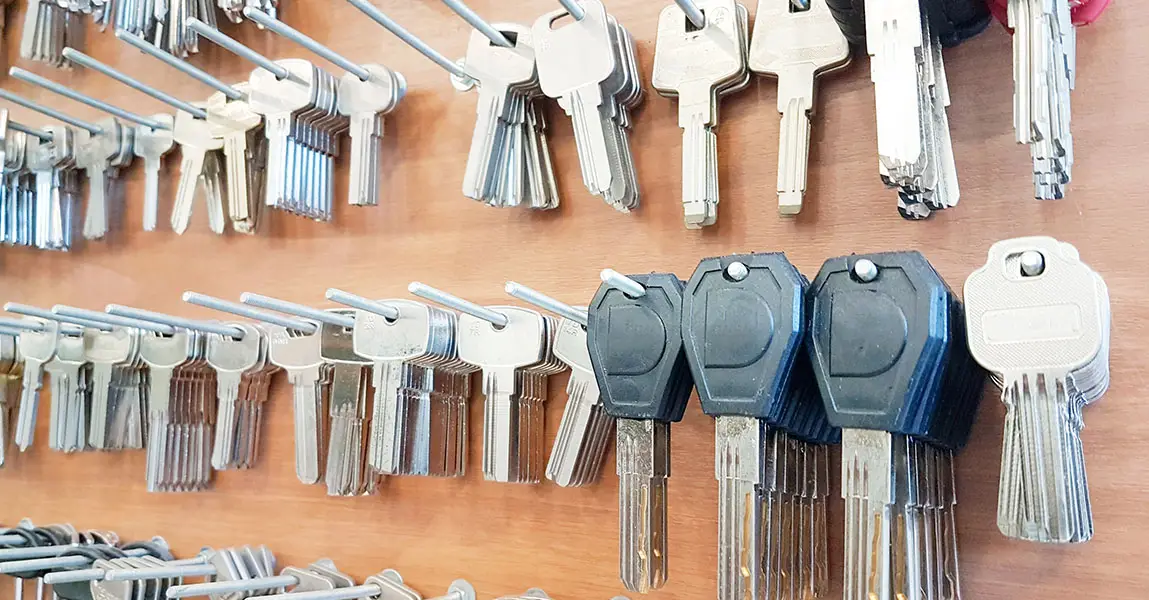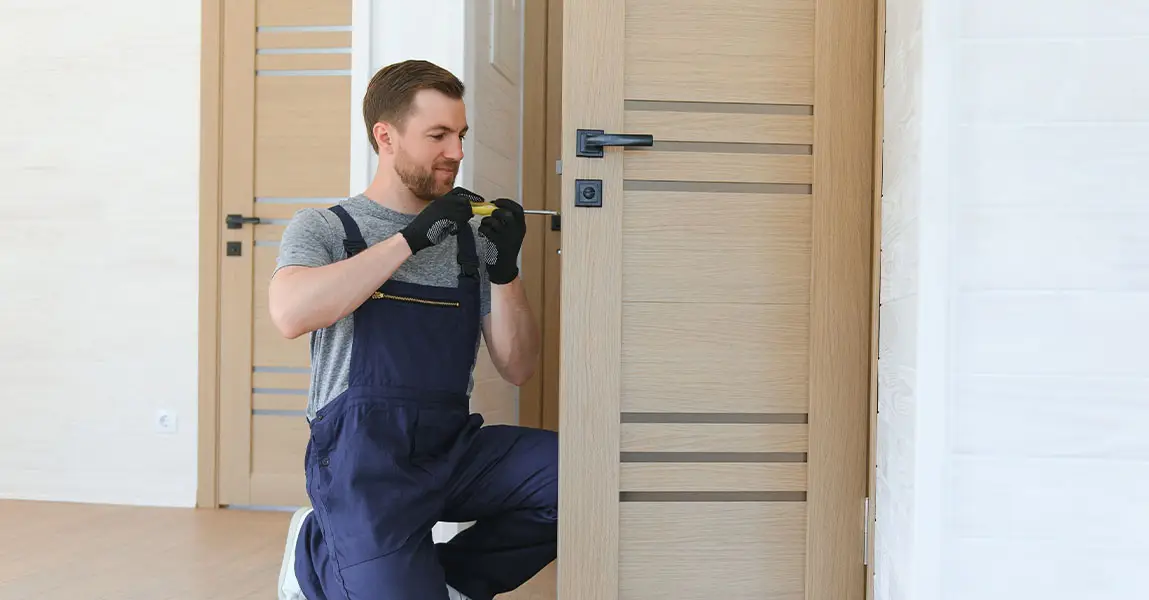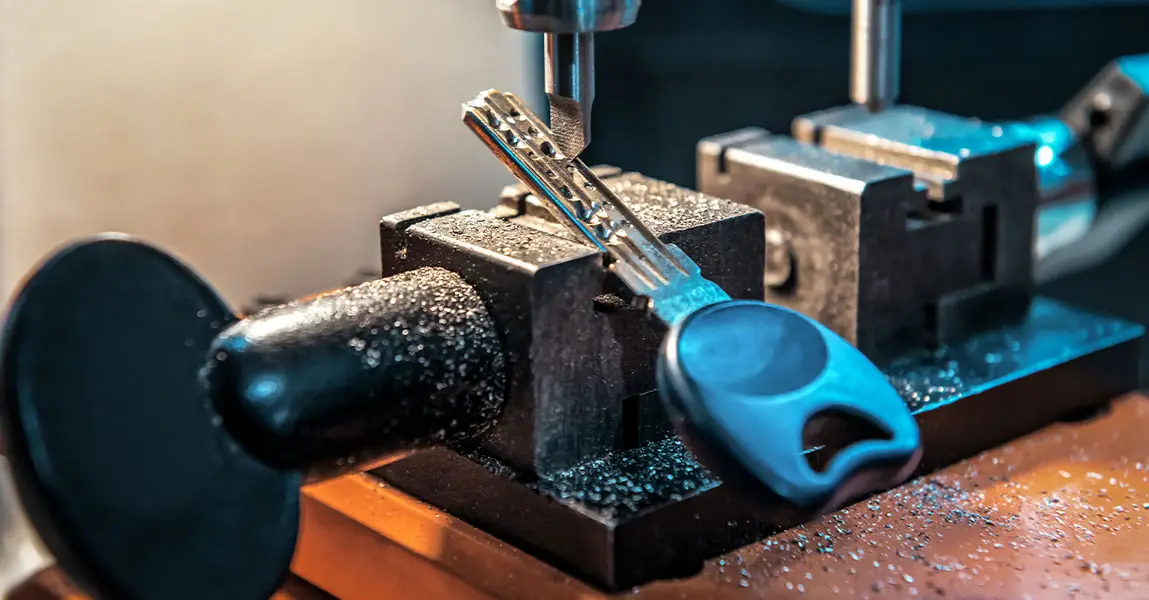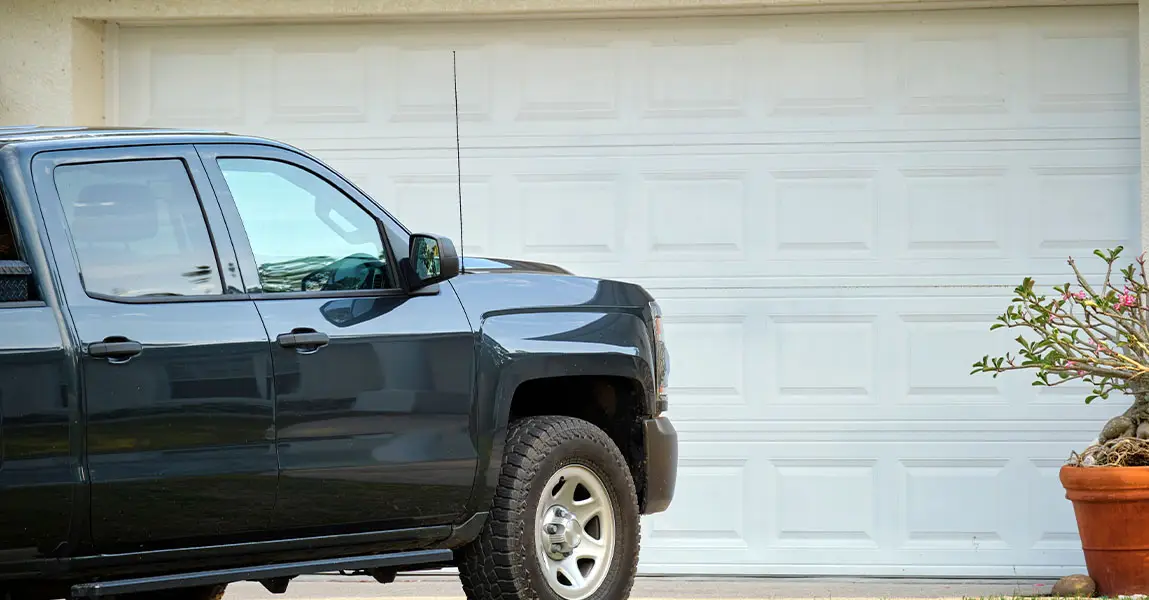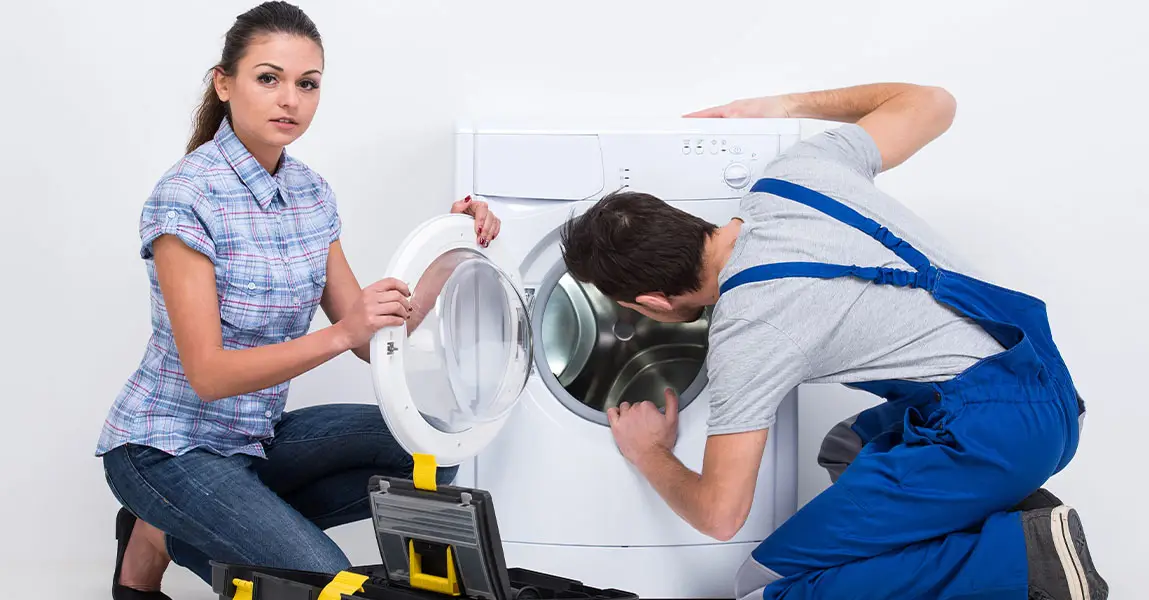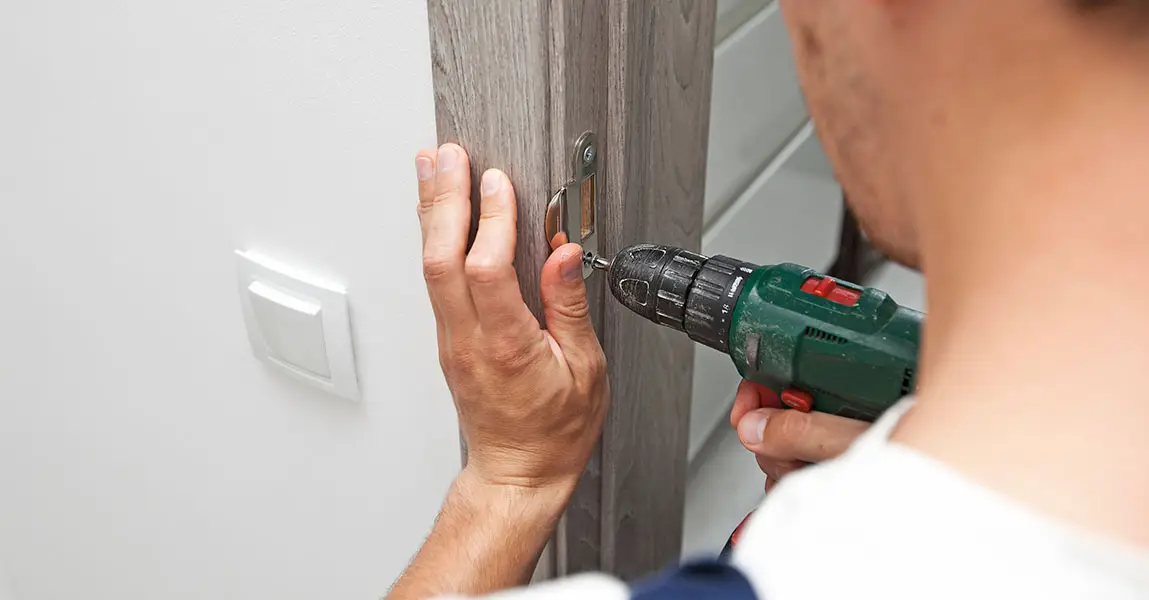Living in shared buildings like apartments or condos often means we rely on building management and shared entry systems to keep us safe. But real security begins with personal responsibility. Every unit has its own unique risks, and that is where locksmiths play an important role. By improving locks, access control, and awareness, they help residents feel safer in a setting where multiple people come and go daily.
Understanding the Unique Security Challenges in Multi-Unit Buildings
Apartments and condos present different challenges than single-family homes. There are many access points, from main entrances and underground garages to shared mailrooms and side exits. Visitors, delivery staff, and maintenance crews also increase foot traffic, which can make it harder to know who belongs.
Because of this, individual unit doors often become the first line of defense. A weak or outdated lock on that door is an open invitation to risk. Locksmiths understand these vulnerabilities. They help residents and property managers evaluate every lock and entry point for weak spots. By combining secure hardware and smart installation, they can make it much harder for intruders to gain access unnoticed.
Why Door Locks Matter More Than Most People Think
Most people assume their door lock is enough simply because it works. However, many residential locks in apartments or condos are standard-grade and easy to pick or bump. A locksmith can assess the type and condition of the lock, checking whether it meets proper security standards.
For instance, a deadbolt with a long throw bolt that extends deep into the frame can make a major difference. Adding reinforced strike plates and solid screws strengthens the door’s ability to resist forced entry. Small upgrades like these are low-cost ways to significantly boost security.
When we move into a new unit, replacing or rekeying locks is equally essential. We never really know how many spare keys the previous tenants gave out. Rekeying changes the internal pins of the lock so old keys no longer work, while replacement ensures new hardware for long-term protection. Both options give peace of mind and reset control over access.
The Role of Smart Locks and Access Control
Technology has changed how we think about safety at home. Today, many locksmiths specialize in installing smart locks and digital access systems. These systems let residents control who enters their home without relying solely on physical keys.
With features like mobile control and keyless entry, smart locks eliminate the worry of lost keys. Temporary access codes can be shared with guests, cleaners, or repair technicians and revoked later. This creates a flexible but secure environment, especially in buildings where short-term rentals or frequent visitors are common.
Still, smart locks are not one-size-fits-all solutions. A qualified locksmith helps select and configure systems that fit the building’s structure and security level. They make sure the technology complements existing locks and doesn’t create new weak points.
Security for Shared and Common Areas
Many apartment and condo break-ins start with poor access control in shared spaces. Mailboxes, bike rooms, and laundry areas are frequent targets because they are often overlooked. Locksmiths help property managers secure these spaces by installing heavy-duty locks, door closers, or restricted key systems that only certain users can access.
Master key systems are another efficient tool. They let managers or maintenance personnel use one master key for all necessary areas while residents still have individual keys that only open their own units. This balance between security and convenience keeps operations smooth while preventing unauthorized access.
Locksmiths also assist with emergency access solutions. They ensure fire doors, stairwells, and gates stay compliant with safety regulations. In emergencies, these details make a big difference, especially in high-rise buildings with hundreds of residents.
Reinforcing Entry Doors and Frames
Even the best lock means little if the door and frame around it are weak. Many break-ins involve forced entry, not sophisticated lock picking. Locksmiths can reinforce frames with metal plates, install stronger hinges, and recommend solid-core or metal doors for better resistance.
Weather stripping, peepholes, and door viewers also add safety and comfort. These details may seem minor, but they help prevent drafts, improve visibility, and discourage unwanted visitors. Good locksmith work always looks beyond the lock itself to the entire entry system.
For sliding glass doors or balcony entrances, additional locks or security bars provide extra layers of protection. These doors are often the most vulnerable points in upper-floor apartments, especially when left slightly open for ventilation.
Rekeying vs Replacing Locks: When Each Option Makes Sense
Locksmiths often explain that rekeying and replacing serve different purposes. Rekeying works well when the lock hardware is in good shape but key control has been lost. It is quick, affordable, and restores peace of mind without replacing the entire unit.
Replacement becomes necessary when the existing hardware is worn, damaged, or outdated. Older locks can loosen over time, making them easier to force open. In some cases, new lock models include better design features such as anti-drill or pick-resistant pins. A professional locksmith helps decide which option fits each situation best, saving time and cost in the process.
You can learn more about professional locksmith services Ottawa that cover these upgrades and other essential steps to strengthen building security.
Managing Spare Keys and Duplicate Access
In apartments and condos, key control often becomes complicated. Over time, multiple duplicates circulate among tenants, family members, and even service providers. Without proper tracking, it becomes nearly impossible to know who still has access.
Locksmiths provide secure key management options. High-security key systems, for example, prevent unauthorized duplication. Each key can only be copied with permission from the property manager or owner. Some systems even log when and where a key is used, providing an audit trail.
For tenants, simple habits make a difference too. Avoid hiding spare keys under mats or flowerpots, and store backup copies in a safe or with a trusted contact. Maintaining key control is one of the easiest ways to prevent intrusions.
How Locksmiths Support Property Managers and Owners
Beyond individual tenants, locksmiths are key partners for property managers. They handle bulk lock installations, manage master key systems, and perform regular maintenance checks. By keeping all locks in good working order, they reduce the risk of lockouts and break-ins across the entire property.
Routine inspections help detect wear early. For instance, if a lock begins to stick or feels loose, addressing it quickly prevents a full failure later. Locksmiths can also schedule rekeying between tenants or after major renovations to ensure every new resident receives a secure, functioning lock.
Professional locksmith support also ensures compliance with insurance and safety standards. Many insurance policies require proof of specific lock grades or access systems to maintain coverage. A locksmith’s documentation and certification help property owners stay protected.
Emergency Locksmith Assistance
Even with all precautions, emergencies happen. People lose keys, locks jam, and access systems fail unexpectedly. Locksmiths offer emergency services to handle these situations safely and quickly without damaging property.
Residents sometimes try to force locks open themselves, which can cause expensive damage. Calling a qualified locksmith prevents further complications. They have the right tools and training to open doors cleanly while keeping security intact afterward.
Some locksmiths also provide after-hours support, which is especially useful in apartment settings where late-night lockouts are common. This service ensures help is available when residents need it most.
If you ever face an urgent situation or want professional advice about your apartment’s security, you can contact us for direct support and guidance.
Preventive Maintenance and Long-Term Security
Just like any mechanical device, locks benefit from care and maintenance. Dust, moisture, and frequent use can wear down internal parts. Locksmiths clean and lubricate locks, check for signs of corrosion, and make sure keys still turn smoothly.
Preventive maintenance extends the lifespan of locks and helps avoid sudden failures. It also gives professionals the chance to notice potential security issues before they become serious. For example, a slightly bent latch might not seem urgent, but over time it could weaken door alignment and reduce protection.
Scheduling regular maintenance once or twice a year keeps the entire system strong and reliable. It is a small investment that protects both safety and property value.
Tips Residents Can Use Right Now
There are many simple actions residents can take today to improve apartment or condo security:
- Always lock doors, even when home.
- Check door frames for gaps or movement.
- Replace worn keys before they bend or break.
- Avoid leaving spare keys in predictable hiding spots.
- Get locks inspected every few years.
Combining these habits with professional locksmith support builds a safer living environment for everyone in the building.
FAQ
1. How often should apartment locks be replaced or rekeyed?
Locks should be rekeyed whenever tenants change or if any keys are lost. Replacement is usually needed every few years or when hardware shows visible wear.
2. What kind of locks work best for apartment entry doors?
Grade 1 or Grade 2 deadbolts offer reliable strength. Reinforced strike plates and solid-core doors add further protection against forced entry.
3. Can smart locks be installed in older apartment units?
Yes. Locksmiths can retrofit most doors to support smart locks. They ensure the hardware and frame can handle the weight and power requirements of the new system.
4. How can residents keep shared spaces safe in condos?
Use restricted key systems for mailrooms, bike storage, or utility rooms. Report broken locks or propped-open doors immediately to building management.
5. Is it necessary to hire a professional locksmith for small fixes?
Yes, it is always safer to let a professional handle repairs. DIY attempts can damage locks or void warranties, leading to higher costs later.

